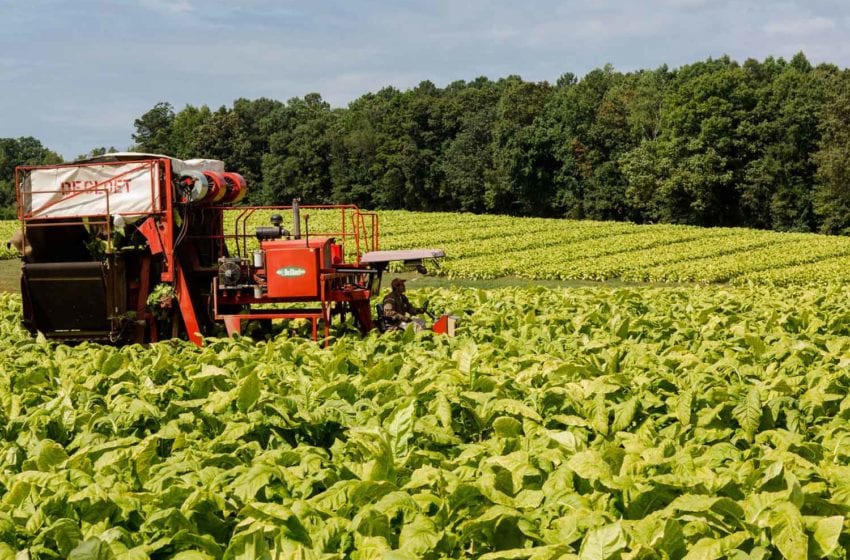A recent study published in The Cochrane Database of Systematic Reviews has found that comprehensive bans on tobacco advertising, promotion, and sponsorship are effective in reducing smoking prevalence. The research indicates that such bans can significantly lower the odds of people smoking, highlighting the importance of implementing and enforcing comprehensive advertising restrictions to curb tobacco use.
The study analyzed data from various countries with differing levels of advertising restrictions. Findings suggest that nations enforcing complete bans on tobacco advertising and sponsorship experience a more substantial decline in smoking rates compared to those with partial or no bans.
The researchers advocate for the expansion of comprehensive advertising bans worldwide, emphasizing that such measures are crucial in reducing tobacco consumption and preventing smoking initiation, particularly among youth. The study supports the World Health Organization’s Framework Convention on Tobacco Control, which recommends comprehensive bans as part of a global strategy to combat tobacco-related health issues.










